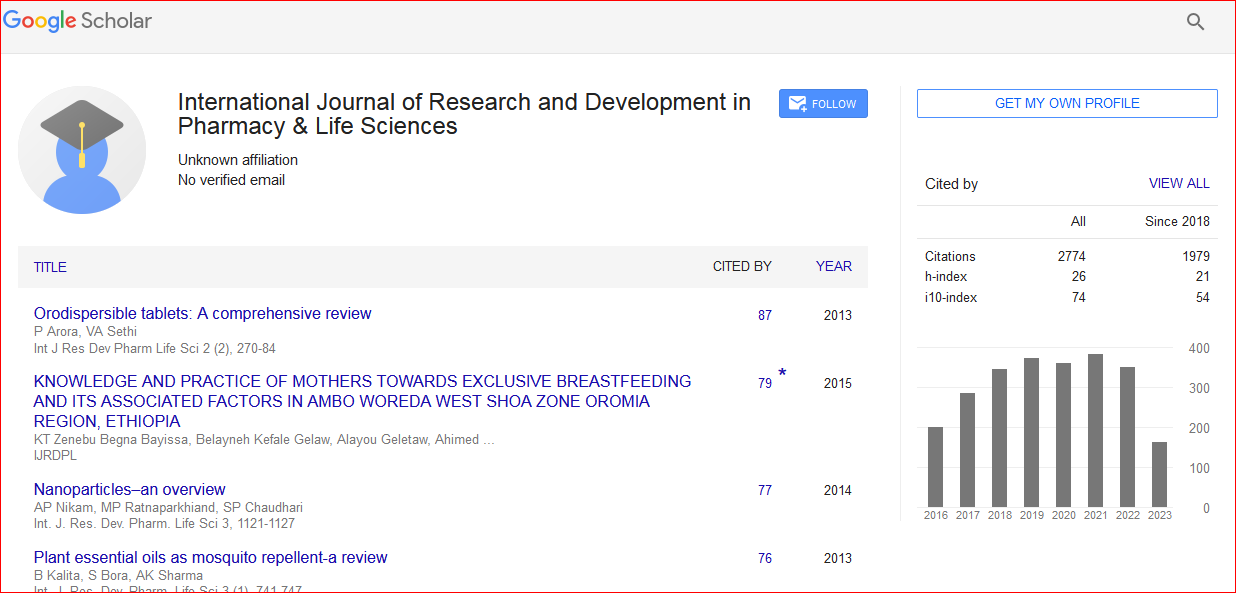Review Article
ROLE OF PHYTOCHEMICALS IN DIABETES LIPOTOXICITY: AN OVERVIEW
Abstract
Diabetes mellitus (DM) is a metabolic disorder caused by poor or ineffective insulin secretary response and it is characterized by increased blood glucose levels (hyperglycemia). Hyperglycemia associated with diabetes causes insulin resistance by increasing oxidative stress, formation of advanced glycation
end products (AGEs), and flux through the hexosamine biosynthetic pathway. Increased plasma free fatty acid (FFA) stimulates gluconeogenesis, induces hepatic and muscle insulin resistance, and impairs insulin secretion in individuals. These FFA-induced disturbances are referred to as lipotoxicity. Conventional drugs treat diabetes by improving insulin sensitivity, increasing insulin production and/or decreasing the amount of glucose in blood. Apart from currently available therapy, herbal medicines recommended for treatment of diabetes throughout the world. Herbal drugs are prescribed widely because of their effectiveness, fewer side effects and relatively low cost. Phytochemicals are the bioactive compound contained in plants having biological properties such as antioxidant, anti-inflammatory, antidiabetic, anticancer, modulation of detoxification enzymes, stimulation of the immune system, etc. These compounds include vitamins, comprising of vitamin C, D and E, flavonoids, phenolic acids, terpenoids, polyphenols,etc. Furthermore, the latest discoveries and studies on the molecular mechanism of these phytochemicals. suggested their potential positive effect in the prevention and treatment of type2 diabetes and other risk factors associated with it. They should be incorporated in food ingredients, dietary supplements, or drug preparations. Despite the availability of known antidiabetic medicines, remedies from phytochemicals are used with success to treat this disease. Use of antioxidants and phytochemicals can be a great help in tissue repair by quenching the free radicals generated due to oxidative stress. Hence, this article provides a comprehensive review of the available information on various aspects of phytochemicals, with special reference to their effectiveness in risk reduction of diabetes lipotoxicity.

 Spanish
Spanish  Chinese
Chinese  Russian
Russian  German
German  French
French  Japanese
Japanese  Portuguese
Portuguese  Hindi
Hindi 
